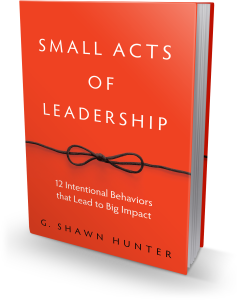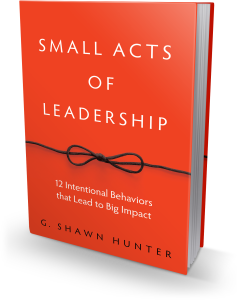Really It’s Okay, You Can Say No.
Judith, community organizer extraordinaire, just asked you if you can work the Snack Shack for two hours at the Saturday afternoon soccer game. You have a walk scheduled with your sister then. But your sister will understand. Your sister is easy to reschedule and Judith is hard to say No to.
So you say Yes. You didn’t really want to. Sure, you would love to help out, honestly, almost any other day. It’s just that Saturday you had something else scheduled with your sister.
It’s fine. Whatever. Your sister will understand.
Joseph in marketing just asked if you would write a guest blog about your current project. Great, one more distraction looming over me. You’re busy enough as it is, but you say Yes. You hate writing, and you know the task is going to hang over you for two weeks. You cheerfully say Yes anyway.
Why do we constantly say Yes to things we honestly don’t want to do, or even when we have a conflict? Vanessa Patrick calls this the Acquaintance Trap. If a stranger asks if you will sit in an hour meeting, that’s easy. Just say No. You’re busy. Or don’t even respond. It doesn’t matter. You don’t know them.
If your best friend asks you to walk their dog, you normally would say Yes. But on Thursday afternoon you have a workout class and can’t do it. You say No. She understands. You have your workout class, and it’s important to you. Together you both find someone else to do it.
But your acquaintances are your weak ties. It’s a Mom on the volleyball team. (What’s their kid’s name again?) Or it’s Joseph from marketing whom you sort of, kind of, know. When an acquaintance asks you, there is a momentary spotlight on the question, and the inescapable truth: we care what other people think about us. We care about our relationships, our reputation. We want to be viewed as competent and capable. So we say, “Yeah, sure I can totally do that. Easy.” We describe ourselves as someone who gets along, someone who know how to please other people, how to solve problems, be available.
The other big reason is that we don’t know how to say No. Nobody teaches us to say No. No one tells us it’s okay to say No.
When someone does ask, there’s a spotlight on you, a spotlight on the question. What do you do? How do you respond? The social expectation is that you will say Yes.
If we can muster the courage to say No, we often come up with an excuse that blames a third party or circumstance. We might say, “Oh I’m sorry I can’t. I have to take my cat to the vet then.” So here we are sustaining our identity as a do-gooder, yet blaming circumstances beyond our control.
As Vanessa Patrick describes in her book, try instead using an empowered refusal. An empowered refusal is when you tell the other person you are not available for their ask because it doesn’t align with your values, goals, and identity.
An empowered refusal is a proclamation that that’s not the kind of thing you do as a person. You can apply this idea to anything – “I’m not the kind of person who skips the gym. I’m not the kind of person who takes on work that will bury me in anxiety. I’m not the kind of person who takes the elevator when the stairs are available.”
Or in the first example, you might say, “I’m sorry I can’t work the Snack Shack on Saturday. I made a commitment to my sister and I need to keep that promise.”
So when your boss surprises you by asking you to attend a 4pm Wednesday meeting, you tell him honestly, “I’m sorry. I have an exercise class at that time and I’m committed to my personal health and well-being.”
Most importantly, an empowered refusal is a declaration of who you are, and not a rejection of the other person. Because we worry most that our saying No will be viewed as a rejection of the other person. When, in fact, saying No can be an assertion of who we are.
_______________________________________________________
Our company Mindscaling, just released a new series of courses on Thriving through Emotional Intelligence, and how to make exactly these types of decisions. You can find our catalog of high-impact courses here. And if you want something more tailored, you can learn about our custom work here.
My book Small Acts of Leadership, is a Washington Post bestseller! You can grab a copy here. And if you want to learn to apply some of these ideas and be an effective coach for your team, we wrote a course on that too. It’s called Coaching for Managers available over at UDEMY for Business.




